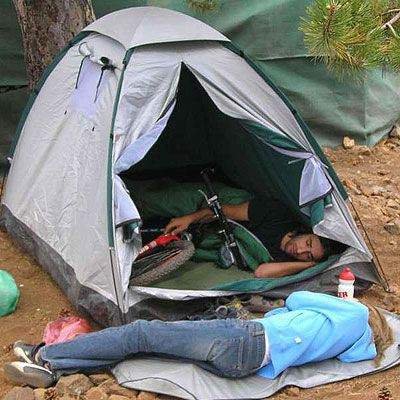LOL!
Give me a museum and I'll fill it. (Picasso) Give me a forum ...
- Joined
- Jun 25, 2005
- Messages
- 10,252
In another thread I wrote:
So I'll suggest that essential expenses are:
I'm not sure where I would put "saving for retirement". I guess it is essential for accumulators, but not for decumulators. Maybe this can be discussed.
If you want to offer a sneak preview of your ratio of essential to discretionary, please go ahead. I think for us, it might be 4:1, so if we spend $40K on essential, then we spend $10K on discretionary.
This made me curious to see what folks consider ESSENTIAL expenses and what folks consider DISCRETIONARY expenses. Once we sort of agree on that, then maybe we can have a poll about the ratio of our essential to discretionary expenses.In our case the essentials would cover housing, utilities, autos, all insurance, food, clothes without having to move to a lower cost of living area. Discretionary would be eating out, pets, most travel, most entertainment, charity, hobbies, most gifts. Maybe we need a poll to see the ratio of essential to discretionary that folks typically have?
So I'll suggest that essential expenses are:
- Shelter - a place to live, a home. One could be mortgage-free or not. This would include property taxes, insurance, maintenance, but not remodelling. Some folks might need to pay for maids or yard work if they are feeble, but others need to do their own yard work and interior cleaning.
- Utilities - Electricity, natural gas, phone, water, sewer, internet (?), but not cable TV (!)
- Food - Eating at home, not much eating out. Nothing extravagant, but not red beans and rice every day either
- Transportation - a car or two, insurance, gasoline, maintenance, replacement
- Health care - doctor visits, prescriptions, eye glasses or contacts, regular dental care, insurance premiums, co-pays, etc. But not lasix, etc
- Clothing & shoes - as they wear out
- Taxes (just to be complete
)
I'm not sure where I would put "saving for retirement". I guess it is essential for accumulators, but not for decumulators. Maybe this can be discussed.
If you want to offer a sneak preview of your ratio of essential to discretionary, please go ahead. I think for us, it might be 4:1, so if we spend $40K on essential, then we spend $10K on discretionary.

